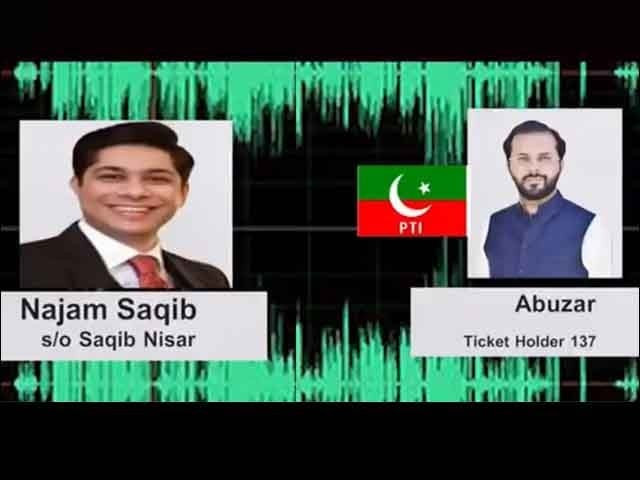
The Islamabad High Court (IHC) on Wednesday asked the federal government to apprise it about the elements behind the recording of audio conversations, questioning who did it and under what law and authority.
IHC Justice Babar Sattar passed the directives while hearing a petition of Najam Saqib – son of former chief justice of Pakistan Saqib Nisar – against a National Assembly special committee tasked with probing his purported audio leaks.
In the audio leaks, Najam could allegedly be heard telling a politician, Abuzar Chadar, that his father, Nisar, had “worked really hard” to get Chadar a ticket for the PTI. In the second audio, Najam allegedly tells one Mian Aziz how much money he expected in return for the party ticket.
The court suspended the special committee’s notification asking Najam to appear before it.
However, the IHC said it was showing judicial restraint and did not suspend the notification of the formation of the committee.
Referring to the federal government, the court asked who record the audio conversations of citizens.
In the written order of the hearing, Justice Sattar said the question of the constitutional distribution of powers and protection of the rights of citizens was before the court.
He said senior lawyers Aitzaz Ahsan, Makhdoom Ali Khan, former Senate chairman Raza Rabbani and Mohsin Shah Nawaz Ranjha had been appointed as amicus curiae.
Asking the attorney general and the amicus curiae to assist the court on five questions, the judge asked whether a citizen who is not a public office holder or a member of the assembly could be investigated by the parliament.
Read Asif warns judiciary against overstepping authority
He asked if the speaker could form a special committee for a private citizen as per the rules.
The judge questioned whether the Constitution or any law allowed the executive to secretly record the calls of private citizens and violate their privacy.
He asked if phone records are correct then which authority or agency can record these calls under which law and under what mechanism.
The IHC questioned which authority or agency was responsible for violating the privacy of citizens when legally no call could be recorded secretly.
It directed that the National Assembly secretary submit reply that under which authority a special committee can be constituted to investigate the audio leak between two private persons.
The court questioned under which legal framework the calls of private citizens are recorded and further asked which agency or organisation had the facility of recording them.
It further asked what was the mechanism for seeking permission to record a phone call and that what safeguards were in place to prevent the recording from being misused.
The IHC questioned what information the federal government had about the recordings that were made and then leaked, that the Govt. formed an inquiry commission on it.
The court noted that the issue of guarantee of privacy of citizens given under Articles 9 and 14 of the Constitution had come up in the petition therefore it was necessary to hear the federation, ministries of defence and interior and PTA as necessary parties through the Prime Minister's Office.
The IHC issued notices to the federal government, ministries of interior and defence, PTA and other parties and asked them to respond by June 25.
Meanwhile, chairman of special committee Aslam Bhootani said that the NA panel on audio leaks will meet on Thursday (today).
He asked how they could stop their work when they had not received any directives from the court.

1731583017-0/diddy-(42)1731583017-0-405x300.webp)


1719315628-0/BeFunky-collage-(8)1719315628-0-165x106.webp)

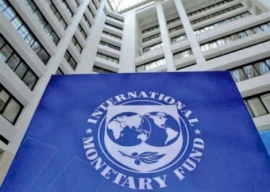
1731829111-0/Copy-of-Untitled-(8)1731829111-0-270x192.webp)



1731825692-0/Express-Tribune-(1)1731825692-0-270x192.webp)
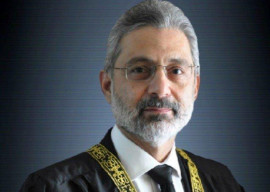
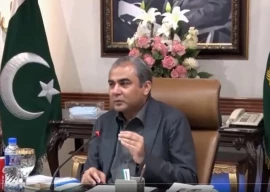
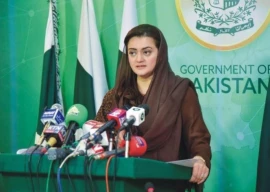






COMMENTS (1)
Comments are moderated and generally will be posted if they are on-topic and not abusive.
For more information, please see our Comments FAQ